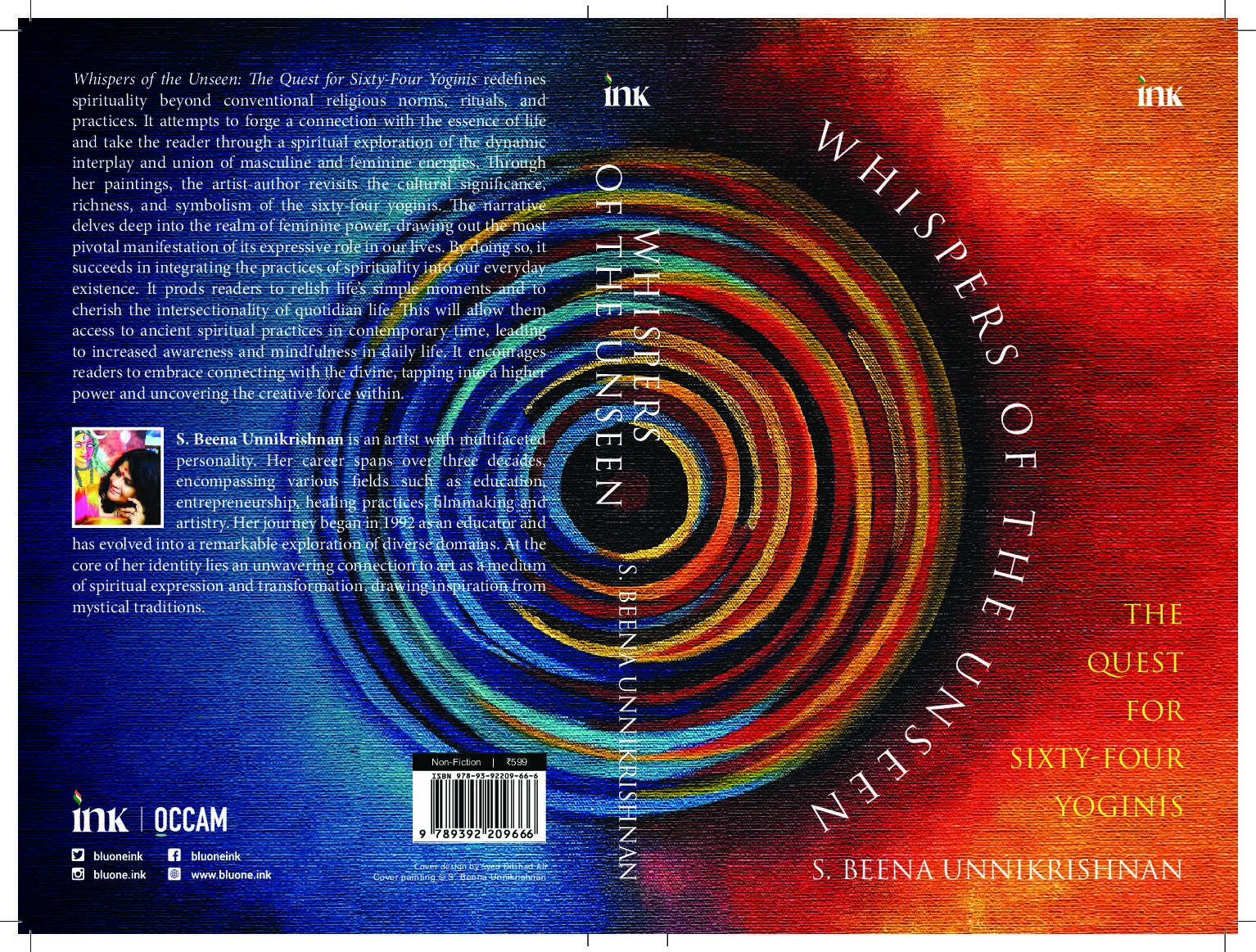Dhaka attack should wake up Hasina
Ravi Shanker Kapoor | July 4, 2016 2:34 pm

The recent Dhaka terror attack, in which 20 hostages including an Indian girl were butchered, is not unusual in either scale or severity. What is really important is the fact that jihadist forces are growing in virulence and capabilities. India has to play a more proactive role in the region to ensure that the pestilence is contained, indeed minimized.
In the Friday outrage, in which a café in Dhaka’s diplomatic and posh heartland was targeted, most of the victims were foreigners. The manner and the scale of the assault underline the fact that jihadist violence has made a quantum leap in Bangladesh. For months, we have been reading in newspapers about the murders of Hindus, Buddhists, liberals, gays rights activists, etc., in newspapers. But these were isolated, marked individuals, ritually slaughtered by Islamists to carry their point, to convey their supremacist message.
The massacre at the Holey Artisan Bakery, however, was perpetrated by the youngsters—who are said to come from affluent families—with automatic weapons and bombs. Their victims were, however, knifed or hacked to death. The commandoes who stormed the bakery found the bodies of 20 people—nine Italians, seven Japanese, two Bangladeshis, one Indian, and one American citizen of Bangladeshi origin. Two cops also lost their lives, while many of them were wounded.
The Bangladesh government is ardently asserting that the terrorists were homegrown and not linked to the IS. “Let me clear it again, there are no IS or Al-Qaeda presence or existence in Bangladesh… The hostage-takers were all home-grown terrorists, not members of the Islamic State or any other international Islamist outfits,” Home Minister Asaduzzaman Khan told PTI. “We know them [hostage-takers] along with their ancestors, they all grew here in Bangladesh… They belong to homegrown outfits like JMB [Jamaatul Mujahideen Bangladesh].”
Whether or not the Islamic State or Al-Qaeda has a role in the outrage is a matter of detail. At any rate, all the details are familiar—creeping Islamization, increasing radicalization of youth, regular and educated guys becoming vicious killers.
Sheikh Hasina’s government has been castigated by the national media. Ikhtisad Ahmed, a columnist for the Dhaka Tribune, wrote for www.scroll.in, “As freethinkers continued to be slaughtered by Islamists, the government line, made unequivocal with each repetition, blamed the victims and appeased extremist ideology. A staunch refusal to acknowledge the growth of fundamentalist violence, dismissing them as isolated incidents when they occur, implies a desire to delude the public rather than solve a very real problem. Emboldened, Islamists of various stripes broadened their targets to foreigners, secular Muslims and sexual and religious minorities. There has particularly been an alarming rise in attacks on Hindus in rural areas, most recently Shyamanondo Das, who was hacked to death with machetes early on Friday in Jhenaidah District, adjacent to West Bengal.”
In a similar vein senior Bangladeshi journalist Syed Badrul Ahsan wrote in The Indian Express (July 4), “Prime Minister Sheikh Hasina and Home Minister Asaduzzaman Khan Kamal have for months been dismissive of reports of IS presence in Bangladesh, to a point where the former has regarded such reports as an attempt to undermine her government while the latter has infamously let it be known that all Islamist acts of violence have actually been isolated incidents.”
While Hasina can be accused of ineptitude or even appeasement, the alternative is infinitely worse. Her main political rival, former prime minister Khaleda Zia is an ally of jihadists; three of her cabinet colleagues were the collaborators of the Pakistan Army in 1971. When Zia was in power, Bangladesh became a safe haven for India’s insurgent outfits like the ULFA, the National Socialist Council of Nagaland (Isaac-Muivah), the National Democratic Front of Bodoland, and the People’s Liberation Army of Manipur. She behaved almost like Pakistan.
Hasina, on the other hand, has helped us in tackling insurgency. In November 2015, for instance, her government handed over ULFA general secretary Anup Chetia to India.
In short, Hasina is India’s best bet in Bangladesh. It is time New Delhi and Dhaka collaborated more closely to taken on the jihadist forces that are growing in the Indian subcontinent. The recent attack should shake her government out of ennui.






























